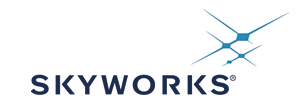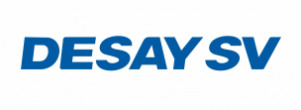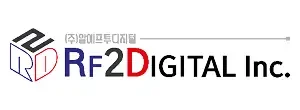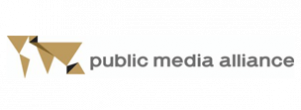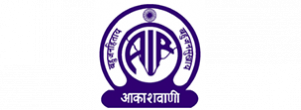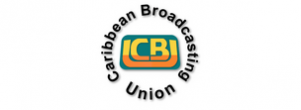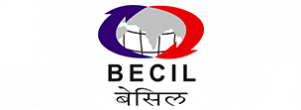Press Release
The Indian automotive market has achieved the fastest digital radio adoption, with 28%[1] of new cars on the road currently being equipped with a DRM digital radio receiver.
This achievement was recorded while most of the public broadcaster AIR’s transmissions are in simulcast mode (DRM and a legacy analogue signal), with the pure DRM transmissions slowly gaining ground. The figure of 28% within this short time frame after launching digital radio services is unparalleled in the world. The market share is similar with what has been achieved in the US for the domestic digital radio standard, but in a time span of over 20 years, and with a proportionally much higher investments by commercial companies.
Today there are more than 4.2 million cars on the road in India equipped with DRM receivers as a line-fit feature and at no extra cost to consumers. The domestic automotive eco-system around DRM includes chipset manufacturers such as NXP, tier-1 receiver manufacturers, and car brands including Maruti-Suzuki, Hyundai, Toyota, MG Motors, Mercedes Benz, and others.
Major worldwide operating companies (with Indian and global presence) are part of the Indian car industry, including NXP, RF2digital, Harman (Samsung), Visteon, LG Electronics, Mobis, Hyundai, Fraunhofer IIS, StarWaves, Gospell, Inntot, Cambridge Consultants/CML Microcircuits, Ittiam, and organisations like the not-for-profit international DRM Consortium. These companies have invested millions of dollars in developing and building DRM related technology and know-how in and for India as well the global automotive industry.
According to the DRM India Automotive Group, there is a strong request by the whole Indian automotive industry for innovative content available via DRM accompanied by clear communication by the broadcasters towards the public. These measures along with a firm decision on adopting DRM also for the local FM services will give the market stability and certainty, resulting in a continued strong growth of DRM receiver availability as a default feature in Indian cars. Practically every automotive company and manufacturer of DRM receivers today has a solution to support DRM in all frequency bands including digital FM, as most of the serious investment in R&D and testing has already been done, and there is only a single IP royalty for DRM receivers irrespective of the supported bands.
According to the Chairman of the DRM Consortium, Ruxandra Obreja: “A decision to extend DRM to the FM band makes absolute sense. The DRM standard allows for the FM digitisation with minimal investment. It is compatible with the existing Common Transmitter Indian infrastructure and does not affect the ongoing analogue FM services during the transition period. The Indian automotive industry has clearly expressed their request for having the single DRM standard extended to all broadcast bands, as this can be done with minimum development, testing and IP cost, without any hardware modifications, while providing a consistent digital radio experience to listeners. The industry has proven that existing DRM car radio sets are ready to support DRM in all bands, resulting in an even quicker adoption of receivers for DRM services in the FM Band.
Going forward, the DRM Consortium and the DRM India Automotive Group encourage the Indian government to mandate future cars to be equipped with DRM digital radio functionality including support for EWF – Emergency Warning Functionality as a default feature, in-line with what has been legislated in other parts of the world. Based on the innovative digital radio services provided by DRM, this will help AIR and the private Indian broadcasters to raise the awareness of how digital radio can benefit radio listeners and encourage the industry to produce affordable DRM standalone receivers and cell phones.”
[1] Based on passenger cars sold in India between 2017 and September 2021
10 November 2021


